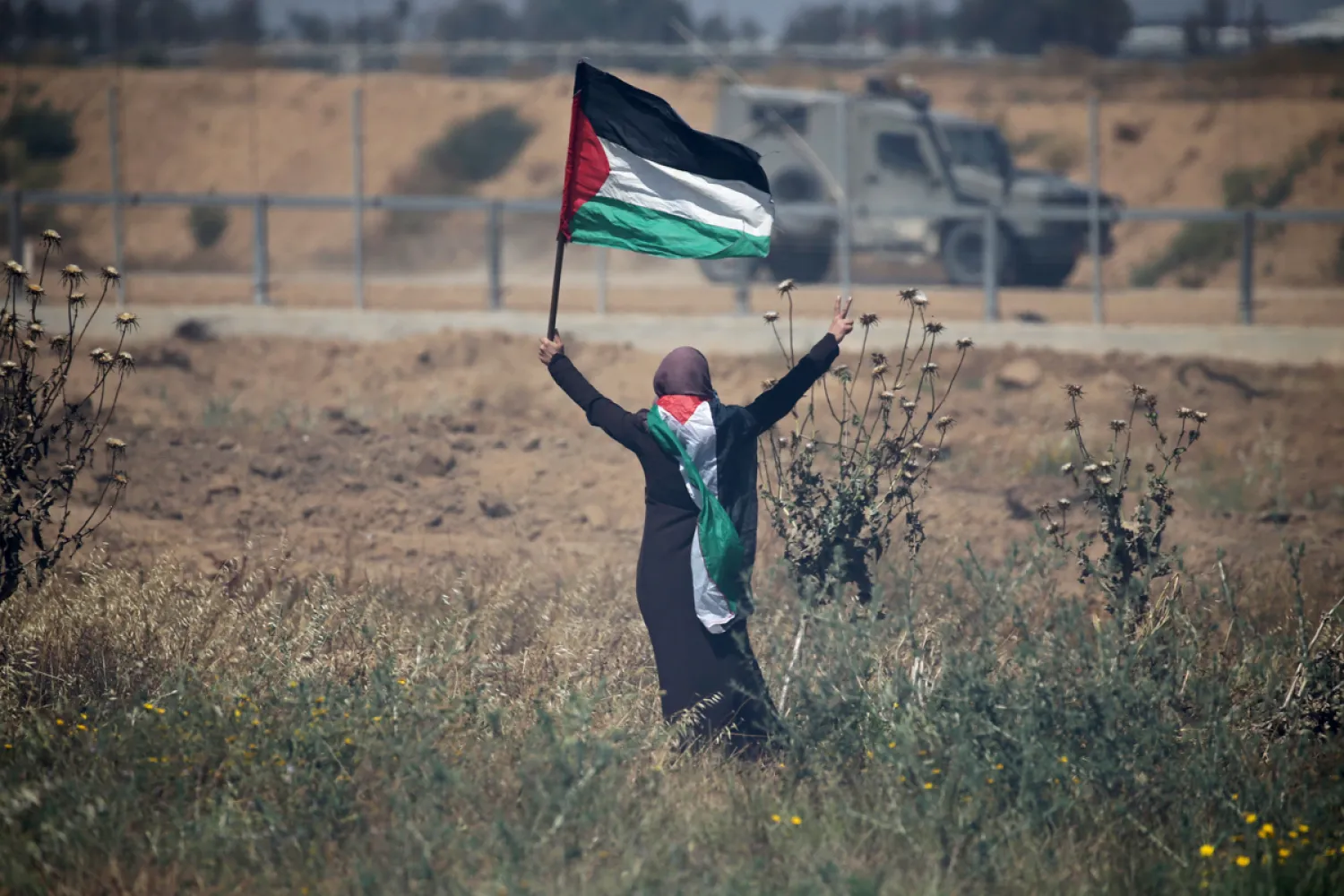The Palestinian population has grown ninefold since Nakba, which refers to the expulsion of hundreds of thousands of Palestinians by Zionist gangs from their homes in historical Palestine in 1948 to make way for the new state of Israel, according to a Palestinian statistics agency.
The Palestinian Central Bureau of Statistics (PCBS) issued the statement was the eve of Palestinian preparations to mark the 72nd anniversary of Nakba Day (15 May).
Despite the displacement of more than 800,000 Palestinians in 1948, and the displacement of more than 200,000 Palestinians (the majority of them to Jordan) after the 1967 war, the Palestinian world population totaled 13.4 million by the end of 2019, which means that the number of Palestinians in the world has doubled more than nine times since the events of the Nakba of 1948, and more than half of them live in historical Palestine by the end of 2019, where their number reached 6.64 million (1.60 million in the territories occupied in 1948).
Population estimates indicated that the number of population by the end of 2019 in the West Bank, including Jerusalem, was 3.02 million and around 2.02 million in Gaza Strip. As for the population of Jerusalem Governorate, it was about 457,000 people of which approximately 65% (about 295,000 people) live in those parts of Jerusalem which were annexed by the Israeli occupation in 1967. Hence, data showed that Palestinians represented 49.7% of the population living in historical Palestine, while Jews constituted 50.3% by the end of 2019.
The statement also revealed that the Israel occupation controlled 774 towns and villages and destroyed 531 Palestinian towns and villages during the Nakba. The atrocities of Zionist forces also included more than 70 massacres in which more than 15,000 Palestinians were killed.
The Palestinian diaspora has since become one of the largest in the world.
According to the United Nations Relief and Works Agency (UNRWA) for Palestine refugees, the total number of Palestinian refugees in 2019 was around 5.6 million, 28.4% of whom live in 58 camps (10 in Jordan, 9 in Syria, 12 in Lebanon, 19 in the West Bank and 8 in Gaza Strip).
Estimates, however, indicated that this is the minimum number of refugees since many of them are not registered. This number does not include the Palestinians displaced in the period from 1949 till the June 1967 war. The UNRWA definition of refugees does not cover Palestinians who migrated or those who were displaced after 1967 because of the war and who were not registered refugees.
For many Palestinians, the right to return to their homes in historical Palestine isn't just a key political demand, but a fundamental human right.









